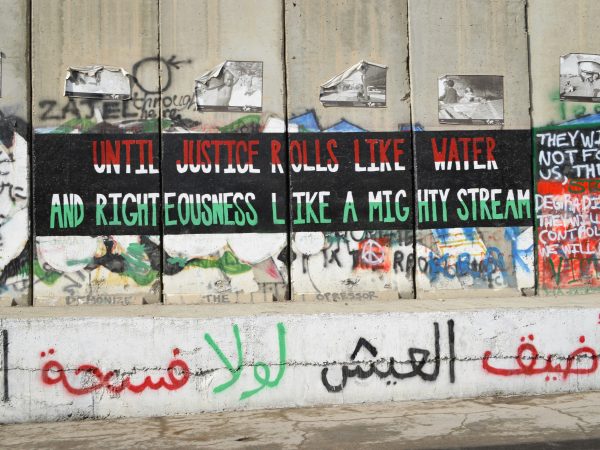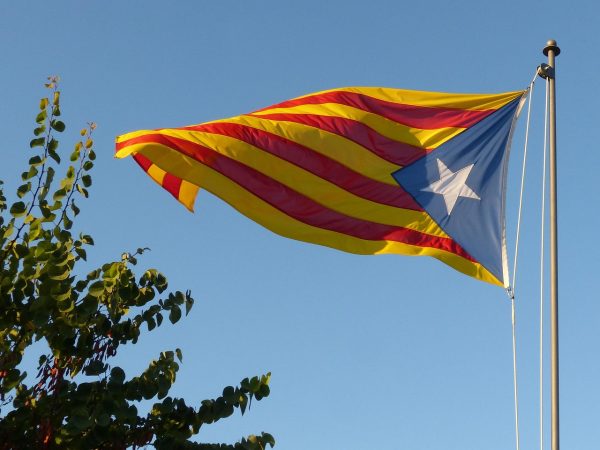
True hospitality is not simply about offering occasional charity or gestures of kindness but about dismantling the structures that prevent full participation in community life. It requires courage to challenge entrenched systems of exclusion and to imagine social bonds not as transactional exchanges but as expressions of shared humanity.

Trump’s “Big Beautiful Bill” proves little more than another big beautiful barn—a grandiose spectacle that obscures the damage inflicted on society’s most vulnerable communities.

The lectionary texts for this week call us to recognize and pursue a spirituality that is holistic; a spirituality that cares for the needs of the poor; a spirituality that takes the side of the needy against the powerful; a spirituality that entails a revolution of the heart; and a spirituality that takes the question of neighbourliness seriously. Such a spirituality would put us on the path of revolutionary neighbourliness.

Sometimes the most I can be grateful for is that it is still possible to imagine an alternative.

Mt. Carmel represents a very particular vision of Divine power, one dependent on a definition of power that equates it entirely with the strength to impose one’s will on another – even to the point of death. It’s an astonishing demonstration, yet also an extremist one, requiring power to equal unfathomable force: the unquenchable fire and Elijah’s subsequent unquenchable thirst to eliminate his enemies.






